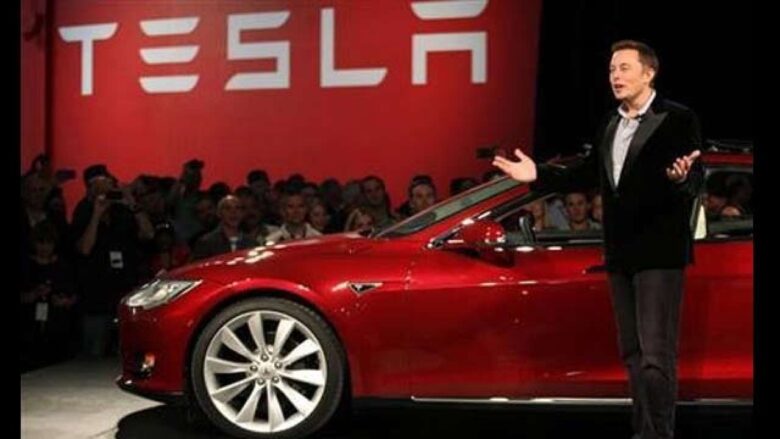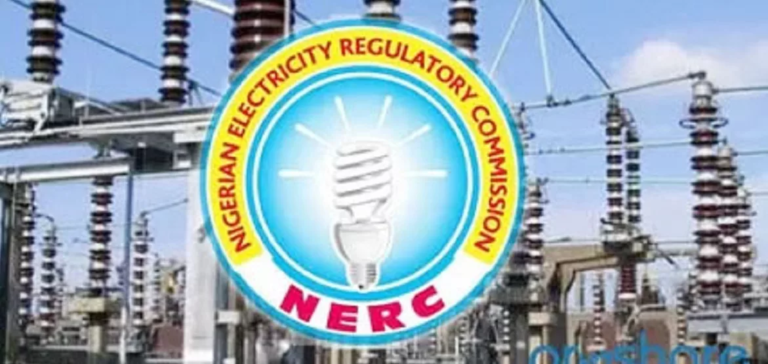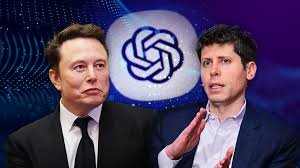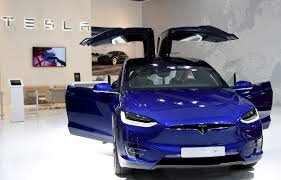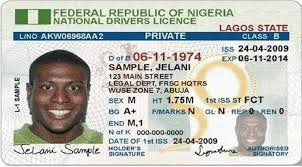Tesla’s board of directors has delivered a high-stakes warning to shareholders ahead of a critical vote on Thursday: endorse CEO Elon Musk’s unprecedented $878 billion compensation package or face the possibility that he walks away, potentially triggering a sharp decline in the company’s $1.5 trillion market value.
The proposal, which would award Musk stock tied to ambitious performance targets over the next decade, has sparked intense debate among investors, governance experts, and institutional heavyweights. Proponents view it as essential to securing Musk’s focus on transforming Tesla into a leader in autonomous vehicles and robotics. Critics, however, decry it as a dangerous concentration of power that violates core principles of corporate oversight.
A Binary Choice for Shareholders
In a letter to investors, board chair Robyn Denholm underscored the stakes, stating that without Musk, “Tesla could lose significant value, as our company may no longer be valued for what we aim to become.”
The package requires Tesla’s market capitalization to reach $8.5 trillion for Musk to claim the full award—implying a roughly sixfold increase from current levels—while vesting any earned shares over five years.
Supporters argue the structure aligns Musk’s incentives with shareholder gains. “If the stock rises sixfold, everyone wins,” said Nancy Tengler, CEO of Laffer Tengler Investments, a Tesla stakeholder. “His payout is simply the cost of executing that vision.”
Harvard Business School professor Krishna Palepu echoed this view, noting Musk’s proven ability to drive explosive growth. “The numbers are large because the goals are monumental,” he said.
Governance Red Flags and Institutional Pushback
Opposition has been vocal. The California Public Employees’ Retirement System (CalPERS) and Norway’s $1.8 trillion sovereign wealth fund have publicly rejected the plan, citing excessive dilution and unmitigated “key person risk.” Norges Bank Investment Management warned that hinging Tesla’s future on a single executive invites instability.
Corporate governance scholars have been blunter. “This is a superstar CEO holding the board over a barrel,” said Charles Elson, founding director of the University of Delaware’s Weinberg Center for Corporate Governance.
Yale lecturer Gautam Mukunda likened the threat of departure to “holding a gun to his own head and demanding a trillion dollars,” given Musk’s existing 15% stake—already poised to make him the world’s first trillionaire if targets are met.
Stanford’s David Larcker acknowledged the board’s dilemma: “If you believe Musk might leave and the stock craters, no director wants that on their record.”
Yet Cornell law professor Charles Whitehead questioned the absence of succession planning, asking, “Who’s on the bench if he walks—or worse?”
Musk’s Leverage and Texas Law Advantage
Tesla’s valuation today rests less on its core electric-vehicle business, which has seen softening demand, and more on Musk’s long-promised breakthroughs in full self-driving technology and humanoid robots. That narrative gap gives Musk outsized negotiating power, experts say.
During pay discussions, Musk reportedly signaled he might divert attention to SpaceX, xAI, or Neuralink absent a satisfactory deal.
The board has sweetened the pot further by granting Musk $40 billion in stock as interim recognition of his invalidated 2018 package—worth $128 billion today—pending appeal in Delaware.
Tesla’s recent reincorporation in Texas bolsters the board’s position. New state rules require plaintiffs challenging executive pay to hold at least 3% of shares collectively, a threshold Tesla has adopted, making lawsuits far harder. Musk, who abstained from voting his shares under prior Delaware rules, is now free to deploy his 15% bloc.
Market Implications
Tesla shares have traded volatilely in recent weeks as the vote looms. A rejection could embolden activist investors and proxy advisory firms, while approval would cement Musk’s dominance but invite scrutiny from regulators and ESG-focused funds.
As one institutional investor put it anonymously: “We’re not just voting on pay—we’re voting on whether Tesla remains Elon’s company or becomes a normally governed corporation.”
The outcome, due Thursday, will reverberate far beyond Austin, Texas, shaping debates over CEO accountability in the era of founder-led tech giants.

